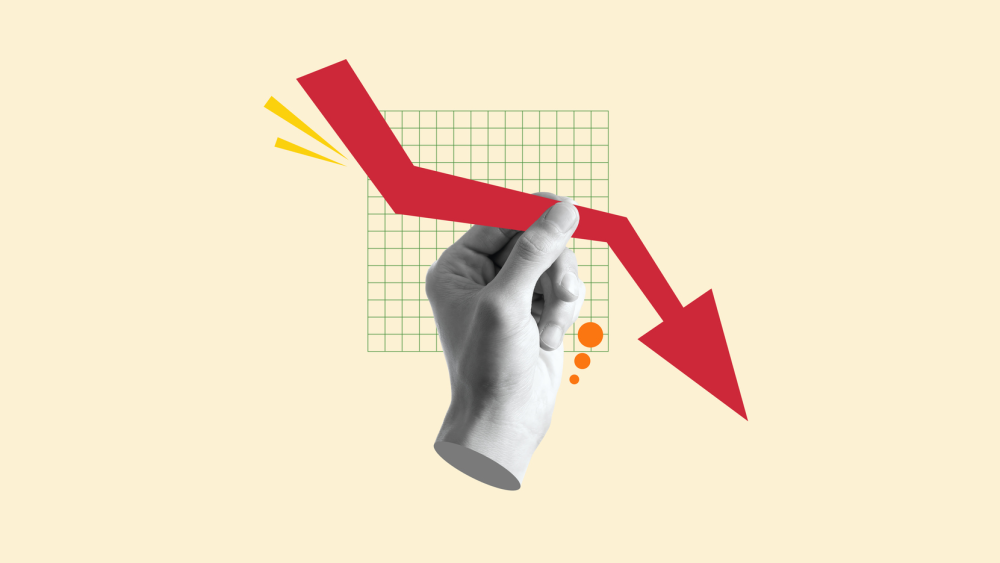A Senate health committee report published Wednesday forecasts spending on prescription drugs to hit $1 trillion a year in 2031, unless the prices of GLP-1 medicines such as Novo Nordisk’s Wegovy are cut.
Weight-loss drugs such as Novo Nordisk’s Wegovy (semaglutide) could bankrupt the U.S. healthcare system by driving spending on prescription drugs up to $1 trillion a year, a Senate health committee report concluded Wednesday.
The report from the Senate Committee on Health, Education, Labor, and Pensions is part of chair Sen. Bernie Sanders’ (I-Vt.) investigation into the pricing of GLP-1 receptor analogs. To assess the impact of the drugs on healthcare budgets, the committee modeled how much the U.S. could spend as the percentage of adults with obesity taking the medicines increases.
If half of U.S. adults with obesity took Wegovy and similar drugs, the country could spend $411 billion a year on weight-loss medicines, according to the report. By comparison, Americans spent $406 billion on all retail prescription drugs in 2022.
After factoring in growth in spending on all other types of drugs, the committee calculated that the use of weight-loss medicines by 50% of Americans with obesity would push the total prescription medicine budget up to $1 trillion by 2031. The modeled scenarios range from 5% to 100% uptake, situations that would result in estimated spending of around $600 billion and $1.4 trillion, respectively.
The model is based on an estimated U.S. net price of $809. Novo has set a $1,349-a-month list price for Wegovy but rebates and other incentives lower the net price. Wegovy net prices fell in the first quarter of 2024. Novo CEO Lars Jørgensen said on a Q1 earnings call that the drop was due to the company “gradually increasing access to more and more channels of the market,” some of which have lower price points.
Sanders is pushing for prices to fall more significantly. The committee compared the $1,349 U.S. list price to the $186, $137 and $92 that Wegovy costs in Denmark, Germany and the U.K., respectively. If Novo charged the Danish price in the U.S., the model suggests the American healthcare system would save $317 billion a year, assuming half of people with obesity take the drug.
Based on the figures, the committee warned that unless the prices are “substantially” reduced, obesity medicines “have the potential to bankrupt Medicare, Medicaid and our entire healthcare system.” Novo has acknowledged the near-term pressures created by GLP-1 drugs but is trying to shift the focus to the longer-term value they could provide if they free patients from obesity-related conditions.
“Volume is to some degree putting strains on healthcare systems. At the same time, we are just starting to unfold the full value of patients being on this treatment,” Jørgensen said. “These same healthcare systems are significantly burdened by chronic diseases, many of them linked to the exact diseases we’re treating here. I’m optimistic about how we can communicate the value to the healthcare systems.”
The Congressional Budget Office questioned the value argument in a report in October 2023, in which it predicted that obesity drugs would “cost the federal government more than it would save from reducing other healthcare spending.”
Nick Paul Taylor is a freelance pharmaceutical and biotech writer based in London. He can be reached on LinkedIn.






